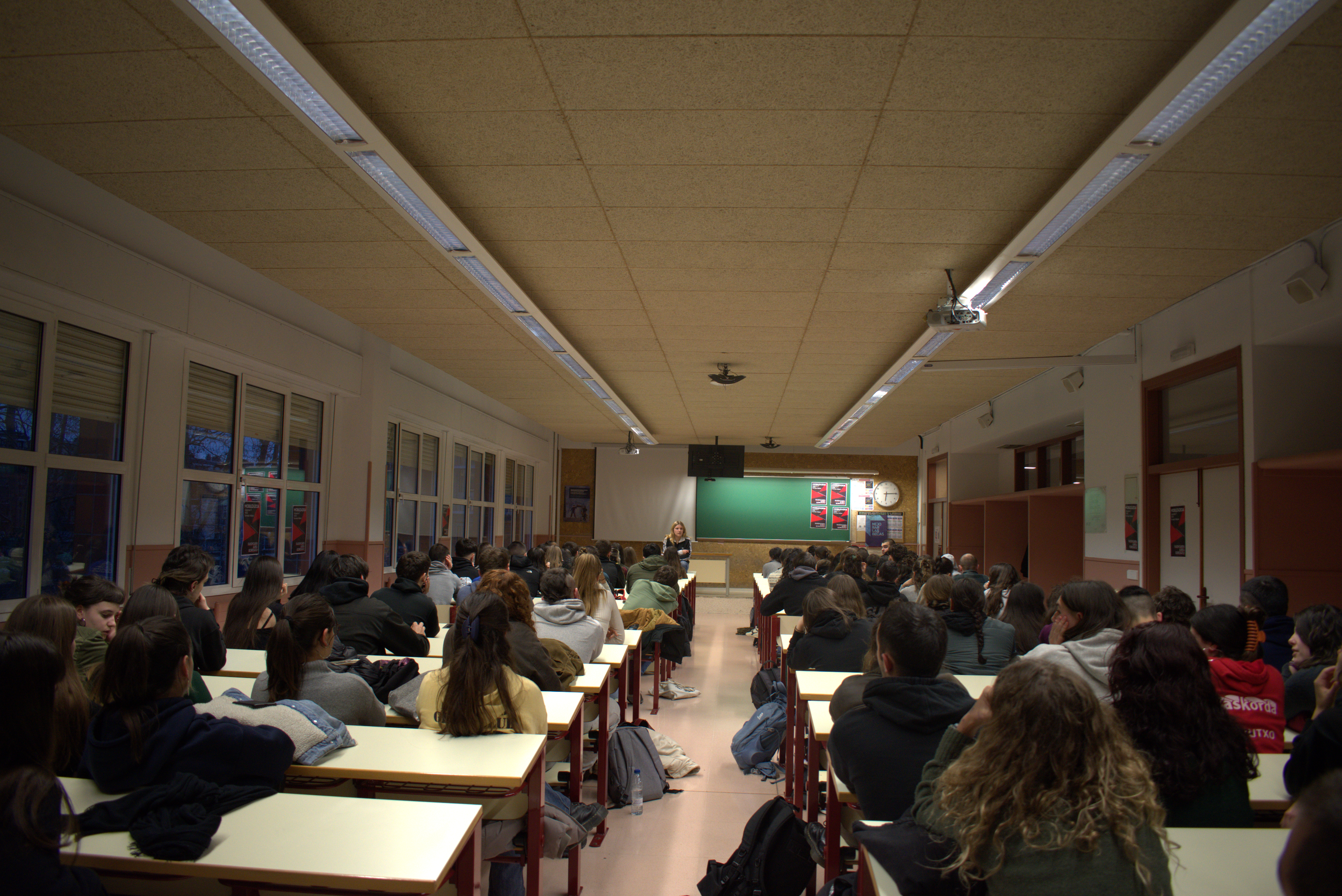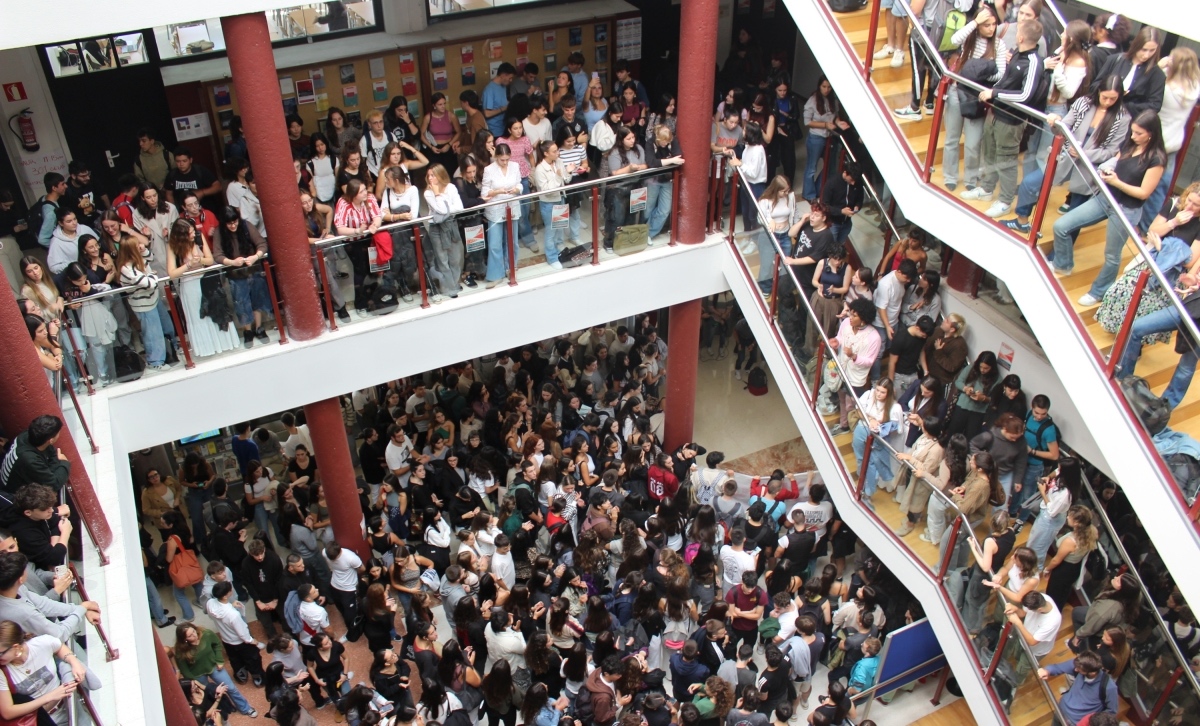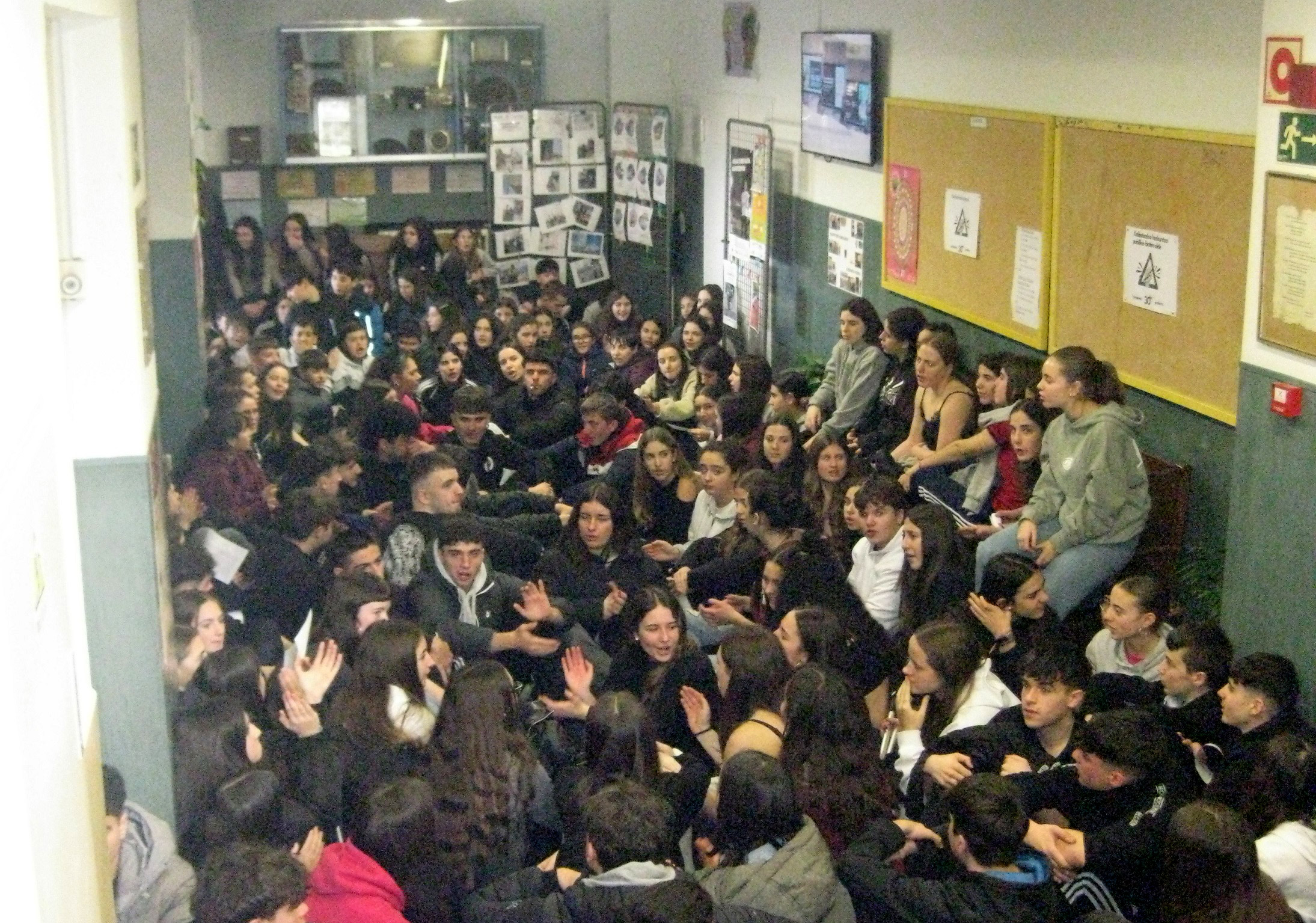Auxiliary habit or unnecessary overload?
- The parents of Ipar Euskal Herria have been planted: for fifteen days, the largest federation of parents of the French State (FCPE) called in April for parents not to do the duties assigned to their children in school. This is not a new debate, as the Ombudsman of Navarra raised the issue last year, driven by complaints from parents.

The arguments of both are similar: it is not proven that work in the home is beneficial to the learning process of the children; in practice, especially with young children, are assumed by the parents and are not a reflection of the advances of the students, but the result of the parents, generating differences between the parents who “collaborate” and those who do not; after spending the day they become tired in the center of their activities. According to the report Works of the School, published last year by the Committee on Education at the request of Ararteko, at 11-12 years the students dedicate a daily average of one hour and 36 minutes to housework and at 14-15 years, almost two hours.
The volume of school work is often one of the main criticisms: too many exercises are promised to students, which take a long time. But beyond the quantity, many question the model, as it is a long list of exercises based on repetition to work memory and memory. Therefore, in some centers the type of work has been modified: the tasks to be performed by the students are agreed for a week, and it is planned for these works to be carried out during school hours – who cannot finish, has to finish the tasks at home, but if possible within class hours. Are the hours that students enter school to fulfill their duties not enough?
The answer of many teachers is that they complain that they have few hours to deal with all the contents of the curriculum – to give explanations and complete the exercises of the textbooks. In addition to the need, some argue that homework is beneficial: it is an additional help to strengthen what is learned, a way to work and internalize what is learned at school; it is useful to learn how to plan and organize tasks; it promotes autonomy, independence, responsibility, self-discipline and study habits. Moreover, some say that parents do not really want to get involved in the education of their children and that hence comes the opinion against school work. But should school tasks be the way to involve fathers and mothers in the education of their sons and daughters?
The question is to what extent children do their homework and to what extent their parents do it, and in what model they do it. In addition, values such as discipline and autonomy can also be internalized through other activities, but it would be useful to measure the time devoted to enhancing these values and the dedication to other values that are important in the integral development of the child. “We want whole boys and girls, who develop socially, physically and artistically, and who have time to relax and be children,” says American professor Alfie Kohn. In his book The homework myth (2007), the father of two 7-year-old children states that school work has become an unprofitable effort and that the lack of interest it generates in boys and girls can lead to a negative attitude towards school and learning in general: “Working at home is the main reason why the child relieves his or her curiosity.” In his opinion, only one is able to motivate himself at the last end: “What we can do is create a curricular network and a suitable environment in school and in the family so that the child can achieve his or her desire to understand things.”
The Department of Education doesn't understand why public employees have gone on strike. He's got to ask the LAB Syndicate. This union signed an agreement with the department in April 2023. Two years later they have also called for a strike because, unlike the previous ones, the... [+]














_2.jpg)


_2.jpg)

_2.jpg)





